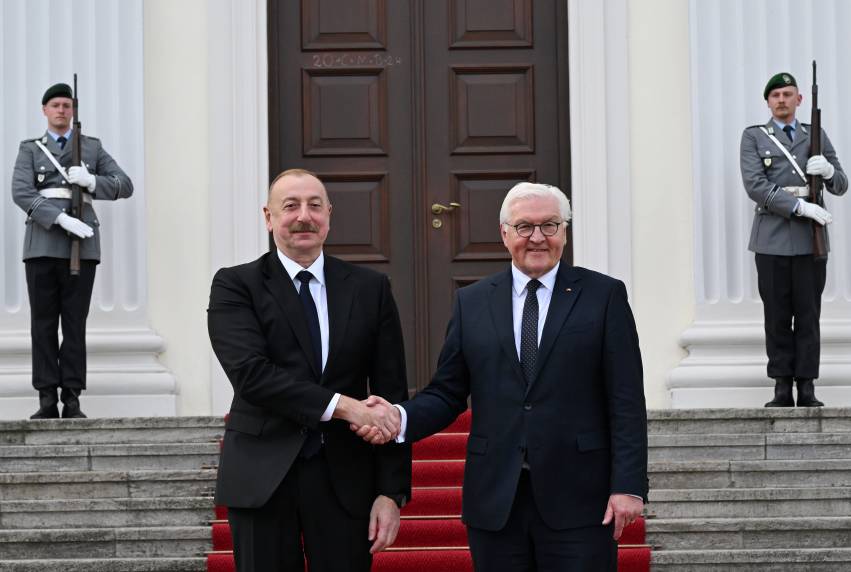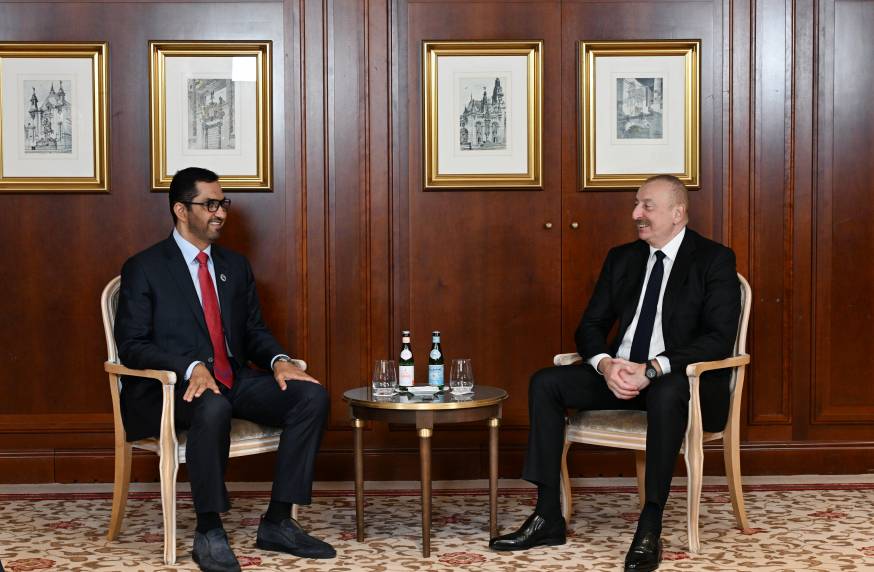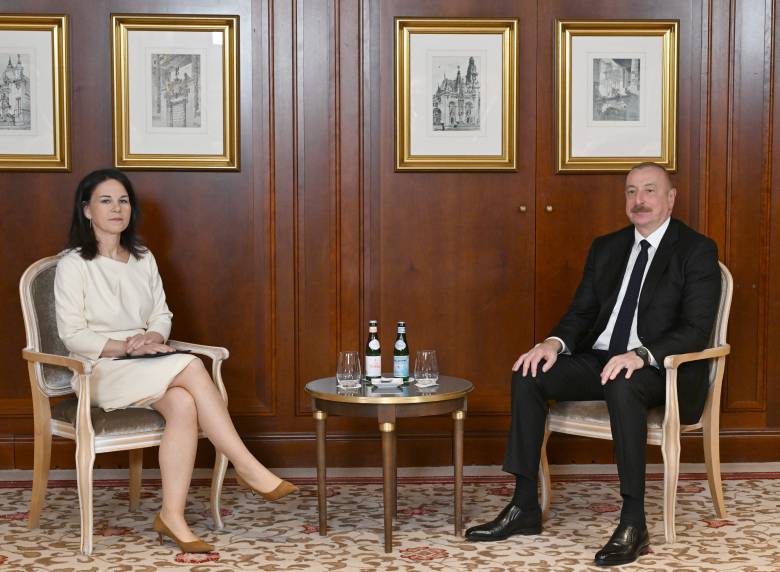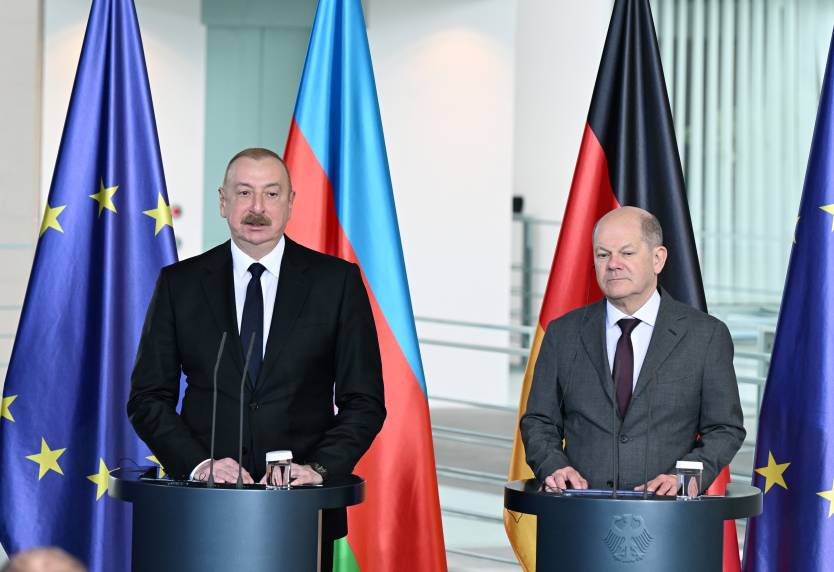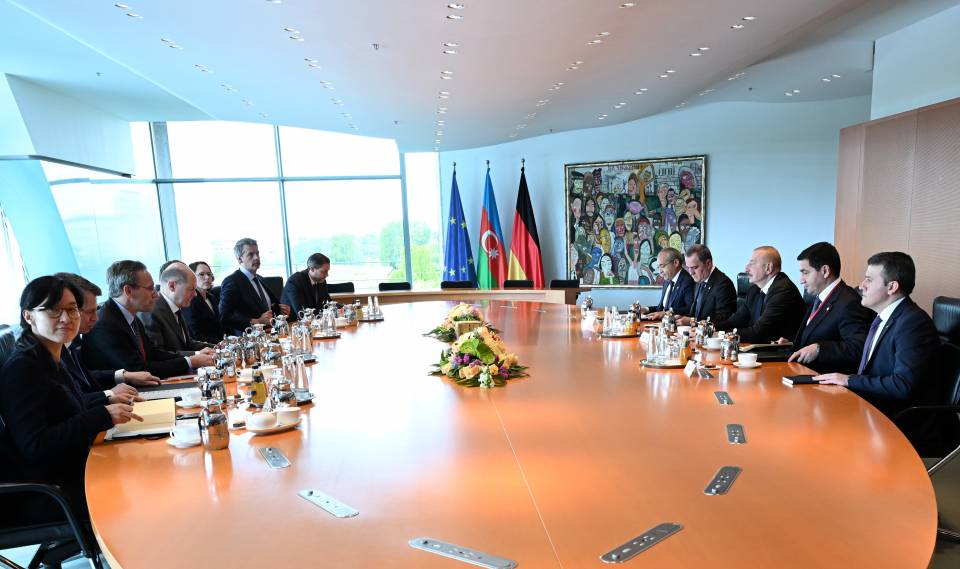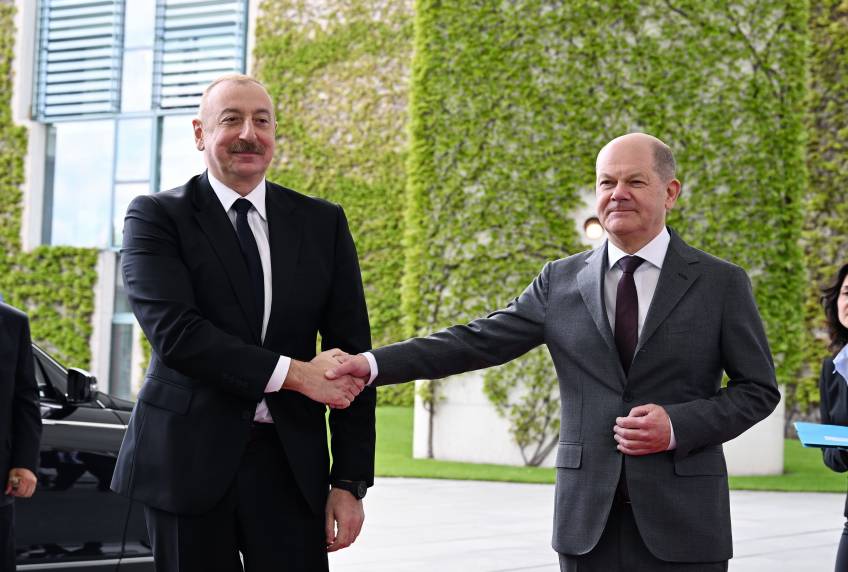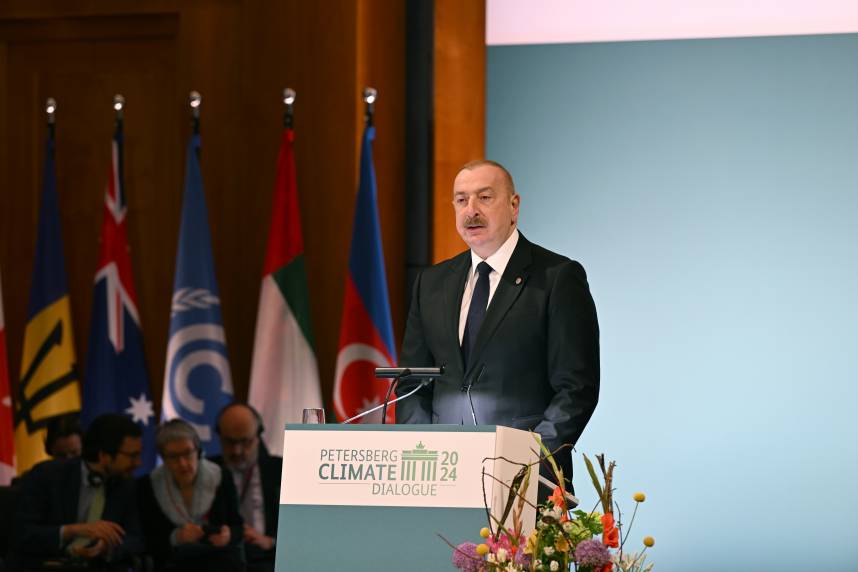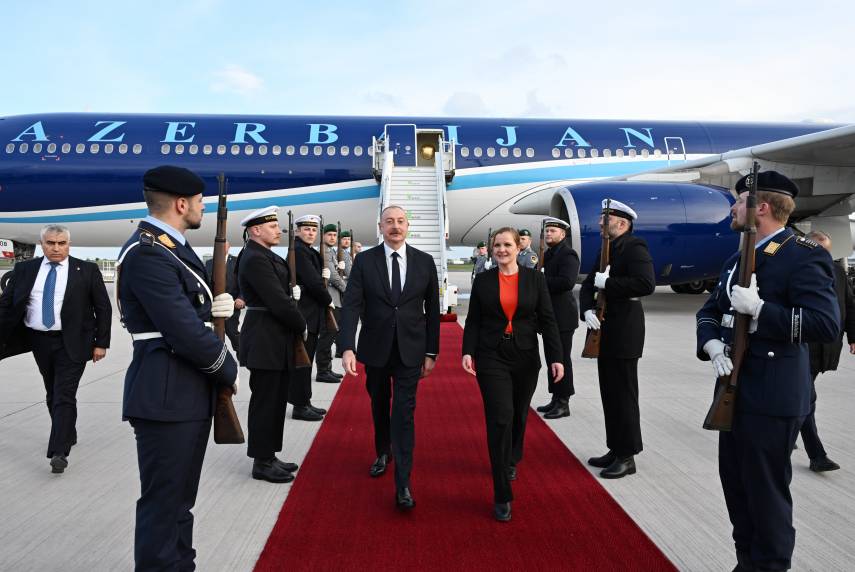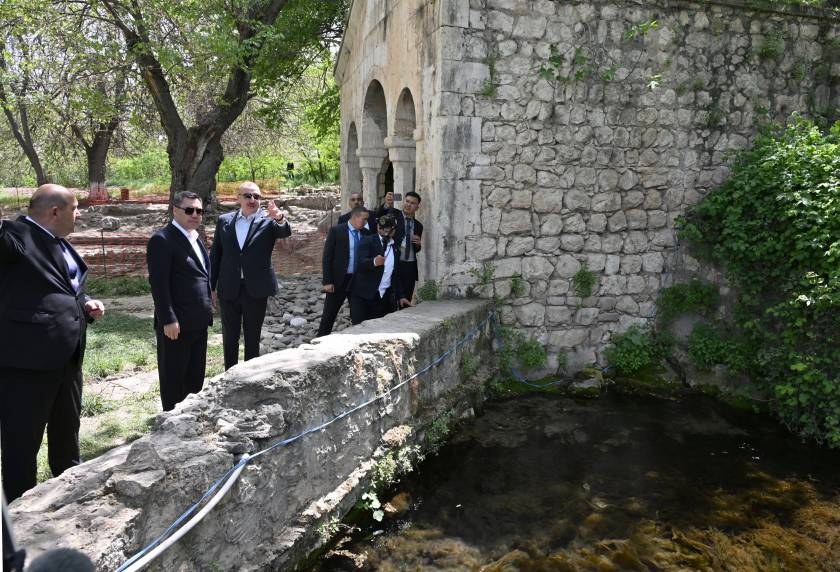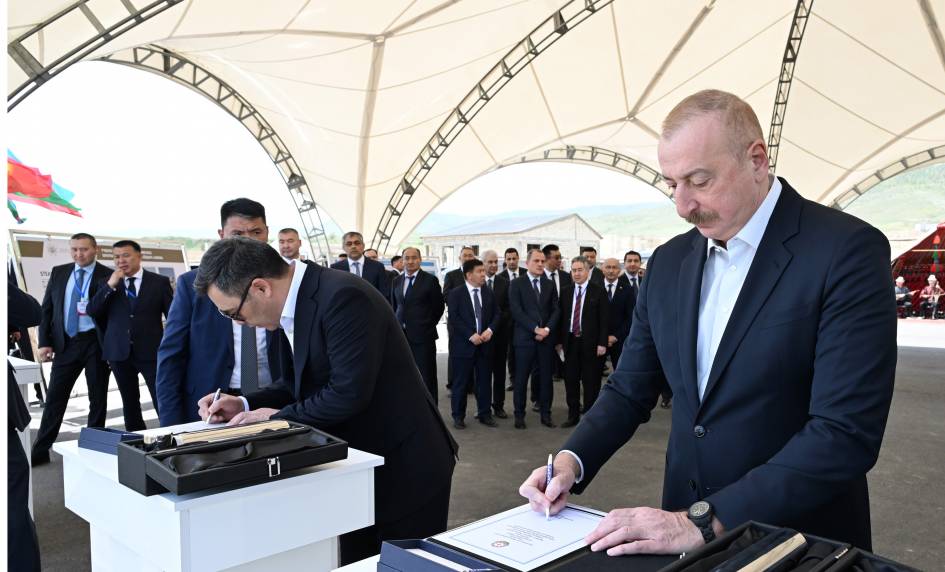19:05
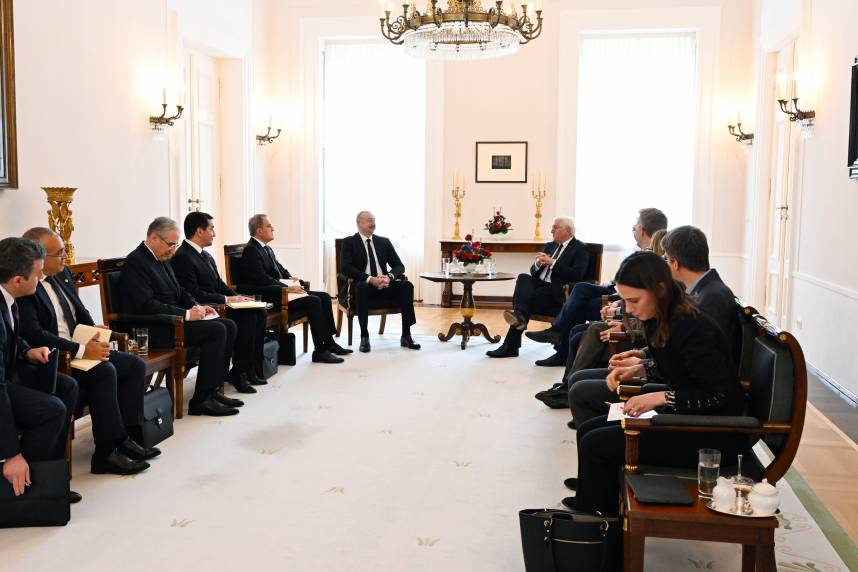
Hurriyet Daily News
Sunday, July 18, 2010
CEM OĞUZ
BAKU - “I am aware of the fact that there are serious issues in our relationship, but I am confident that we can address them,” says U.S. President Barack Obama in his letter of June 3, 2010, to President İlham Aliyev of Azerbaijan.
The letter was presented to Aliyev by U.S. Defense Secretary Robert Gates during a visit to Baku in early June that was described by analysts as unexpected. Since the Armenian diaspora-driven Section 907 caveat to the notorious Freedom Support Act passed by Congress in 1992 that restricted all U.S. government-to-government aid to Azerbaijan, Azeri-U.S relations have always been turbulent. But they soured once more when Aliyev, despite Baku’s potential role in non-proliferation efforts, was not invited to the Nuclear Security Summit in Washington in April, which was actually attended by all of Azerbaijan’s neighbors except Iran.
Azerbaijan may not have acquired the attention of the U.S. it essentially deserves, but nowadays its strategic importance is undeniably on the rise. It is first and foremost Afghanistan where Baku plays a vital role. The country serves as an important transit point for all supplies going into Afghanistan. Since 2001, tens of thousands of military aircraft and trucks have crossed Azerbaijan carrying U.S. and NATO forces and equipment. Independent analysts maintain that the purpose of Gates’ visit thus was part of Washington’s efforts to avoid problems that could slow Obama’s plans for a surge of 30,000 additional troops.
Gates’ visit was soon followed by that of Hillary Clinton, the U.S. secretary of state. The agenda this time was stability in the South Caucasus, which is actually strictly dependent on finding a peaceful resolution to the mountainous Karabakh conflict.
In the letter, President Obama maintained that “support for this outcome will remain a priority for the United States.” In order to gauge the local perspective, I asked every single Azeri authority I spoke with whether Clinton’s visit may be interpreted as having demonstrated willingness in that regard. The answers were almost unanimously negative. “As usual,” said one senior Azeri authority, “American sensitivity goes not beyond rhetoric. And we are fed up with promises that are never kept.”
“We want to avoid steps that may divert us from our path of economic development and are ready to contribute to regional welfare,” said another high-level Azeri authority. He then drew my attention to an example that well illustrates current progress: After reminding me that all tank stations in Baku in the past were decorated with the signboards of Russian oil giant Lukoil, he proudly pointed out that the number of tank stations that SOCAR, the Azeri state oil company, has even in Georgia today has reached 27 in total. However he wrapped things up by saying, “We want justice restored. We want our territories back.”
Azerbaijan today is indeed quite a different place than it was 10 years ago. But I am afraid to say the Obama administration has obviously failed to understand this and there is a growing belief among the Azeri public regarding Washington’s “neglect” toward Azerbaijan. The fact that there has not been a U.S. ambassador to Baku for more than a year actually speaks volumes. Recently, Matthew Bryza was finally nominated for the job, but he is still not confirmed.
The acid test for U.S.-Azeri relations in the coming days will undeniably be this issue. I really wonder whether Bryza will manage to get on the plane to Baku.
Otherwise, how can the serious issues that President Obama mentions actually be addressed?

